Cognitive-behavioral therapy (CBT), dialectical behavior therapy (DBT), and the 12 Steps are all powerful tools in the journey toward addiction recovery. While each method offers a distinct approach, together they form a comprehensive framework for healing. Rather than existing in opposition, these methods complement one another—addressing the emotional, psychological, and behavioral dimensions of addiction.
By combining practical strategies with deep emotional insight and spiritual growth, individuals can build a solid foundation for long-term sobriety.
The Challenge of Sustained Sobriety

One of the toughest hurdles in addiction recovery is not stopping substance use, but staying stopped. Many people manage to get clean for a while, only to relapse when mental and emotional struggles become overwhelming. As the Big Book of Alcoholics Anonymous famously says: “I can’t stay stopped!”—a phrase that reflects the internal conflict faced by so many on the path to recovery.
Early sobriety often brings feelings of restlessness, irritability, and dissatisfaction. Learning to manage these emotions is crucial to staying sober. The 12 Steps offer guidance for navigating these internal battles, fostering emotional stability, and helping individuals replace old patterns with healthier coping mechanisms.
An Overview of the 12 Steps
Though the exact wording may vary slightly across different programs, the core principles of the 12 Steps remain consistent. They encourage individuals to:
- Acknowledge the need for help.
- Believe in the possibility of recovery and self-worth.
- Commit to making positive life changes.
- Examine the underlying causes of addiction.
- Reflect on personal actions and their impacts.
- Release harmful behaviors and thought patterns.
- Take proactive steps toward healing.
- Acknowledge harm caused to others.
- Make amends when possible without causing further damage.
- Engage in ongoing self-assessment to prevent relapse.
- Replace destructive habits with constructive ones.
- Share recovery insights by living a life of integrity and compassion.
How the 12 Steps Foster Lasting Change
At its core, the 12-Step process is about transformation. Through self-examination, accountability, and spiritual growth, individuals gradually gain insight into their behavior and begin to find meaning beyond addiction. Working through the steps helps cultivate self-awareness, empathy, and a sense of purpose.
Support groups such as Alcoholics Anonymous (AA) and Narcotics Anonymous (NA) introduce participants to the 12 Steps in a community setting, where shared experiences and mutual encouragement play a key role in recovery. In addition to these peer groups, many treatment programs now incorporate the 12 Steps into clinical care for a more structured and individualized approach.
Merging the 12 Steps with CBT and DBT
While the 12 Steps help guide personal and spiritual development, CBT and DBT offer practical techniques for addressing the underlying thought patterns and emotional responses tied to addiction.
CBT (Cognitive-Behavioral Therapy) focuses on identifying and challenging negative or distorted thinking that can lead to substance use. Individuals learn how to reframe thoughts, manage cravings, and replace unhealthy behaviors with positive alternatives.
DBT (Dialectical Behavior Therapy) emphasizes emotional regulation, mindfulness, and improved interpersonal skills. It’s especially effective for those dealing with intense emotions, impulsivity, or difficulty maintaining stable relationships.
By integrating these therapies with the 12 Steps, individuals receive a balanced treatment plan that addresses both the cognitive and emotional challenges of recovery. This holistic approach supports long-term sobriety and empowers individuals to live healthier, more fulfilling lives.
The Value of Learning the 12 Steps in a Treatment Setting
For many, treatment centers provide a more accessible and personalized introduction to the 12 Steps. Unlike traditional AA or NA meetings, where the steps may be less structured, clinical settings offer in-depth education, individualized guidance, and therapeutic support.
One common barrier to embracing the 12 Steps is the concept of a “higher power.” For those who are non-religious or have had negative experiences with religion, this aspect can feel alienating. In a treatment environment, clinicians and peer-recovery specialists help individuals interpret this idea in a way that feels authentic—emphasizing personal strength, hope, or community over religious doctrine.
Why Treatment Settings Amplify the 12 Steps’ Effectiveness
In professional treatment programs, individuals receive personalized guidance to help them work through each step at their own pace. Licensed therapists and peer advocates—many of whom are in recovery themselves—offer real-life perspectives, encouragement, and accountability.
Additionally, treatment centers provide a structured environment that supports progress and minimizes distractions. This combination of professional expertise and peer support creates a sense of belonging, direction, and motivation that’s often essential for long-term success.
By weaving together the 12 Steps with evidence-based modalities like CBT and DBT, treatment centers equip individuals with the tools needed to overcome addiction on every level—mental, emotional, and spiritual.
Recovery at Willow Springs Healing Center

At Willow Springs Healing Center, we believe recovery is a lifelong journey—and we’re here to support every step. Our outpatient programs integrate the principles of the 12 Steps with the practical skills taught through CBT, DBT, and other proven therapies.
We understand that no two individuals are the same. That’s why we offer personalized care, designed to address the root causes of addiction while building resilience and empowering lasting change. Our team includes experienced clinicians and peer-recovery advocates who provide guidance, empathy, and hope based on both professional knowledge and lived experience.
Take the First Step Toward a Brighter Future
If you or someone you love is battling addiction, Willow Springs Healing Center is ready to help. Our comprehensive treatment programs blend the best of spiritual and psychological healing, offering a path to recovery that is both compassionate and effective.
You don’t have to walk this path alone. Reach out to us today and begin your journey toward a life of clarity, purpose, and freedom from addiction.

